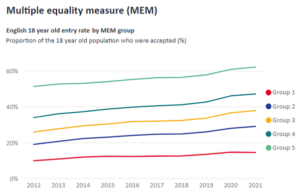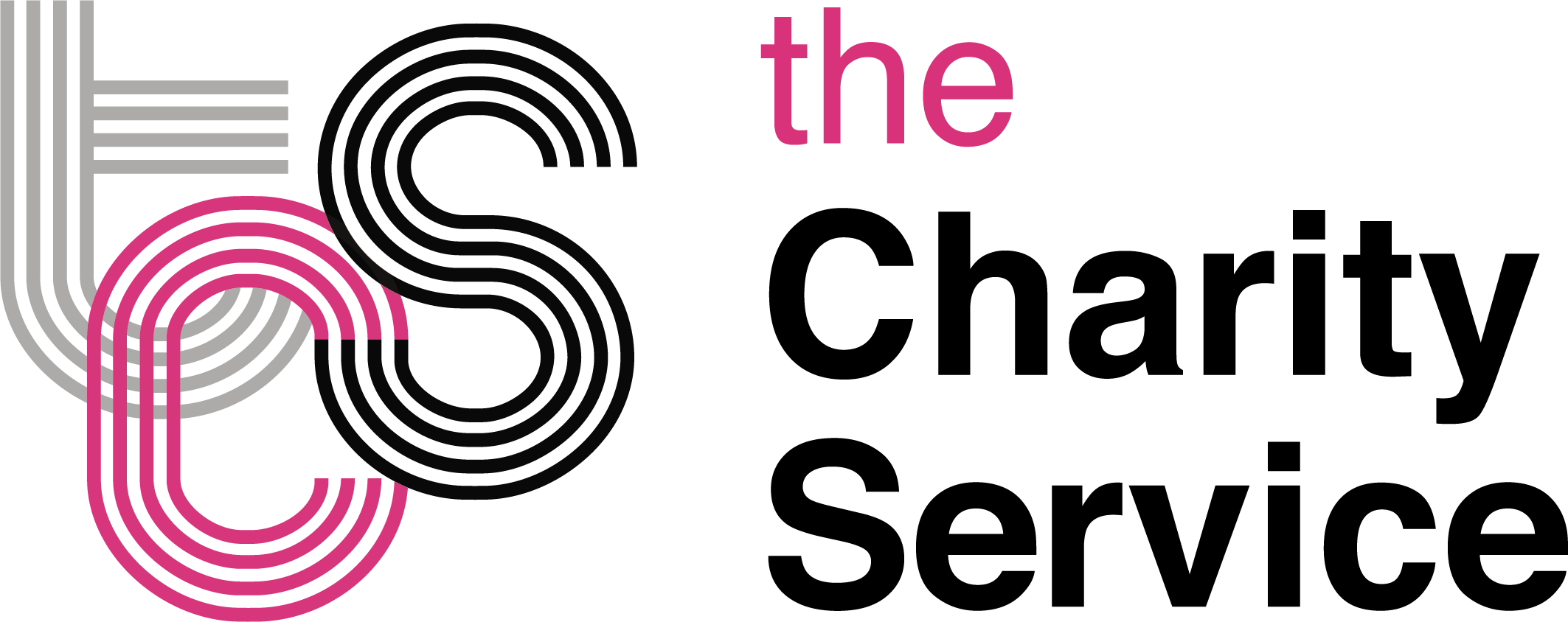Too few young people from disadvantaged backgrounds benefit from the transformative experience of a university education. In this article, we explore the challenges faced by students and highlight the remarkable work of the Dick Camplin Education Trust (DCET) in helping students to overcome barriers to success.
At universities across the UK, the end of September means the start of a new academic year and, for all new students, usually entails the negotiation of Freshers Week. Although this involves the completion of multiple registration and administrative tasks, it is generally better known for the social events that give students the chance to make friends and settle into their new surroundings before lectures begin.
Starting university is an exciting experience. There’s a lot to take in – new places, new institutions and new people. For many students, who have been eager to get to university, Freshers Week is the realisation of their expectations. However, for some students, starting their higher education can be daunting, especially if their families lack prior experience of attending university and financial resources.
Disadvantage in higher education
Although university has the potential to provide a transformative experience for young people from disadvantaged backgrounds, the system isn’t great at delivery. To begin with, according to UCAS, disadvantaged young people in England are four times less likely to attend university than the least disadvantaged.

As illustrated by the chart, there has been limited progress in getting the most disadvantaged young people (Group 1 in the chart) into university over the past decade.
Even if disadvantaged students start university, they are less likely to complete their studies. According to the Higher Education Standards Agency (HESA) students from disadvantaged backgrounds are over 40% more likely than their more advantaged peers to give up their university courses within 12 months. What causes this higher drop-out rate is not entirely clear, although a failure to integrate into university life is one likely barrier to student progression. Another is likely to be that students from disadvantaged backgrounds lack familiar reference points. They sometimes feel like imposters.
The challenge is encapsulated by Codie Wood, a student from a disadvantaged background. Reflecting on her experience she says: “It’s difficult being successful when you live in a postcode with so little ambition and it’s difficult being successful when so few think it’s possible. According to the Sutton Trust, I represent the 0% of students from mainstream secondary schools in Salford currently at Oxbridge universities. Getting here has been an epic journey and one that hasn’t ended yet. I’m the first in my family to make it past college, despite struggling with low expectations, poor mental health, family hardships and financial worry. At university I live in what feels like a fairy-tale, surrounded by Oxford’s dreaming spires; at home I live in a council flat with my mum in a building clad with flammable materials forgotten since Grenfell left the headlines. There is a stark contrast between home, where I act as a source of stability and am faced daily with reminders that success is not meant for people like me, and life at university where I am independent and inspired by the successes of those around me.”
Closing the gap
Aware of the issues encountered by disadvantaged students, David Camplin, a retired secondary school deputy headteacher and local authority education advisor, set up the Dick Camplin Education Trust (DCET) in 2007. He did this with Nigel Hirst, then MD of Haden Freeman, a specialist process engineering consultancy serving the chemical industry. The aim of DCET is to give disadvantaged scholars a better chance of success at university and beyond.
DCET is embedded within The Charity Service, which looks after all financial and administrative matters. This allows David and his associates to concentrate on providing informal support and advice to the scheme’s scholars.
DCET supports around 10 students each year from Loreto College, which is located in Hulme, an inner-city area of Manchester. Scholarships are awarded to students who have overcome significant barriers to gain a place at university. Scholars typically come from families with limited incomes, usually below £20,000. Many are carers for parents and siblings, and some have been through the care system. All have been disadvantaged either by their postcode, family circumstance, or their education before Sixth Form.
Various forms of support
DCET helps in several ways. Firstly, there is the financial support. Each student is provided with a grant of £1,000 at the start of their university career. Students find this support invaluable as it enables them to pay for travel, equipment and everyday items such as crockery. This means that DCET scholars can start university life as well equipped as those from more privileged backgrounds.
Secondly, students gain access to practical advice and support. David has been doing this for many years. He offers gentle words of encouragement, including advice on how to make friends at university: “take a kettle, mugs and tea bags, and when you see someone else on their own, ask them if they want a cup of tea”. David also coordinates past and present scholars to provide peer support to one another. DCET’s What’s App group is a hive of activity, with scholars eager to help each other. Regular get togethers in Manchester also allow past and present scholars to form relationships and share their real world experiences.
As students progress, DCET ‘s network of supporters and previous scholars are activated to offer mentoring, work experience opportunities and practical advice on applying for jobs. This type of assistance ensures that good academic performance is translated into bright new careers.
The approach of DCET is novel in that it locates support mechanisms in the student’s home environment (i.e. their school and local peer groups) rather than in the university. Crucially, the peer support element is effective because students can see peers with similar backgrounds succeed and obtain advice and support from them.
Achievements
The scheme is a massive success. Past scholars are now leading highly successful careers in areas such as academia, architecture, law, finance and politics. They speak enthusiastically about how the Trust helped them get there:
“Being part of DCET helped me feel that I was part of something special and that despite what my conditioned thoughts were telling me, I “belonged” to wherever I bloody well wanted! ………DCET has helped me see myself as someone who is no longer defined by their struggles but instead as someone who draws strength from them.”
“Throughout my degree, I was fortunate to be able to tap into the network of people that I have met through DCET. David was always very generous with his time and would make time to proofread my essays, even if I sent them with a worrying proximity to the deadline. Conversations with a DCET life coach helped me to pull together my disparate strands of interests and form a coherent idea of what I wanted to do after university. Finally, all of the conversations I had, and continue to have, with other scholars have been invaluable sources of wisdom.”
“I’d like to thank DCET & David for all the help they have provided this year. DCET has given opportunities and platforms to college graduates for many years, and I hope they continue to do so. Maybe one day I’ll be in a position where I can also donate to this program and help a student fulfil their dreams.”
And then there’s Codie Wood, who we heard from earlier in this article. She graduated last year from Mansfield College Oxford with a First-Class Honours degree in Mathematics and Statistics and is now pursuing a PhD in Biomedical Statistics at Bristol University.
These are just a few examples of the many students that have received help from DCET over the past 15 years. There are many more, which you can read about in DCET’s annual newsletters.
Can you help?
To support at least 10 new students each year, the Trust needs to raise a minimum of £10,000 per annum. We also have aspirations to grow the number and, in an era of rising inflation, the value of the annual awards.
We would love to hear from individuals, companies or charitable trusts prepared to support scholars in blocks of £1,000 for a minimum period of 3 years.
If you are interested in supporting the Dick Camplin Education Trust, please e-mail [email protected] or [email protected] or [email protected]

